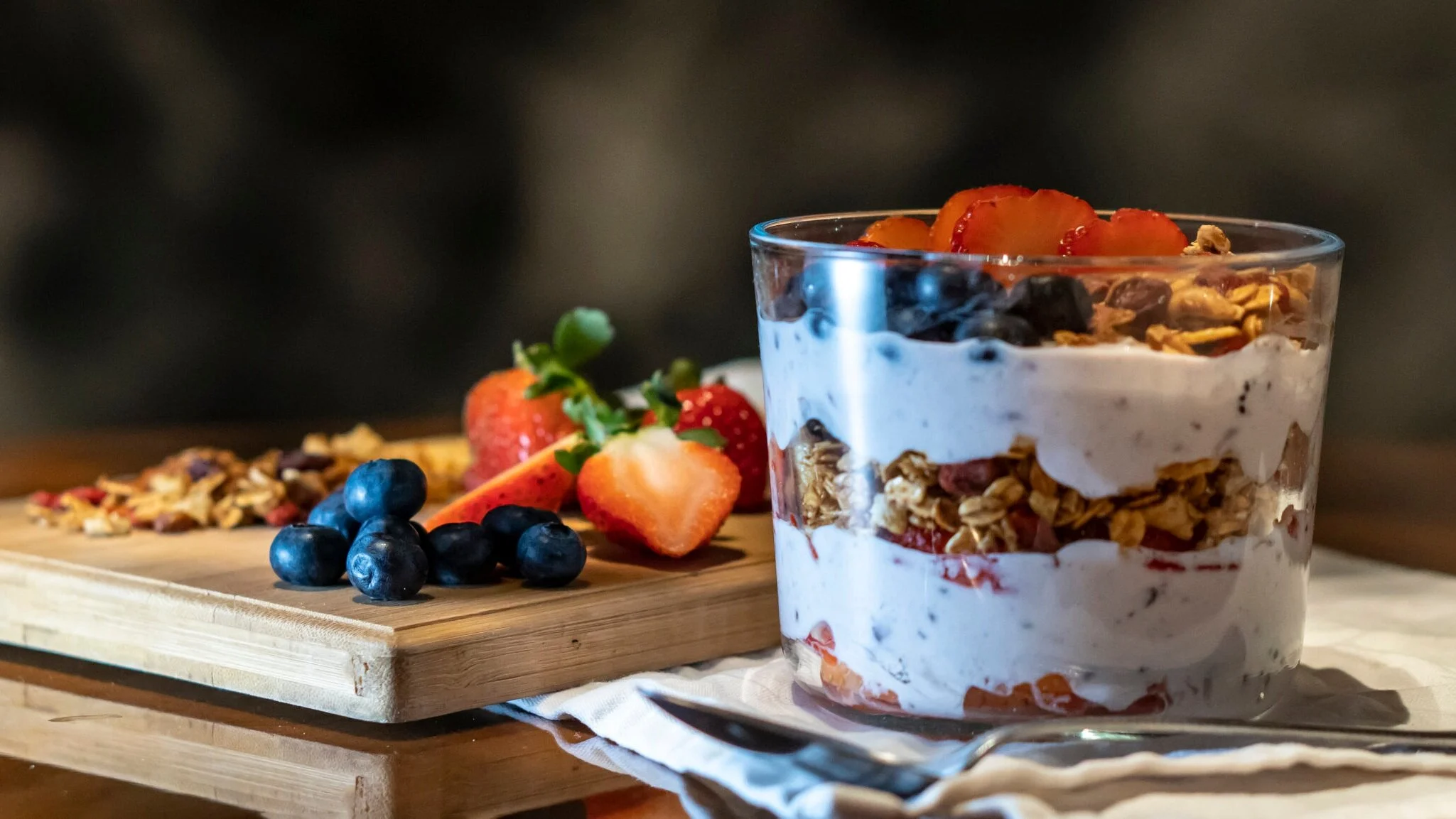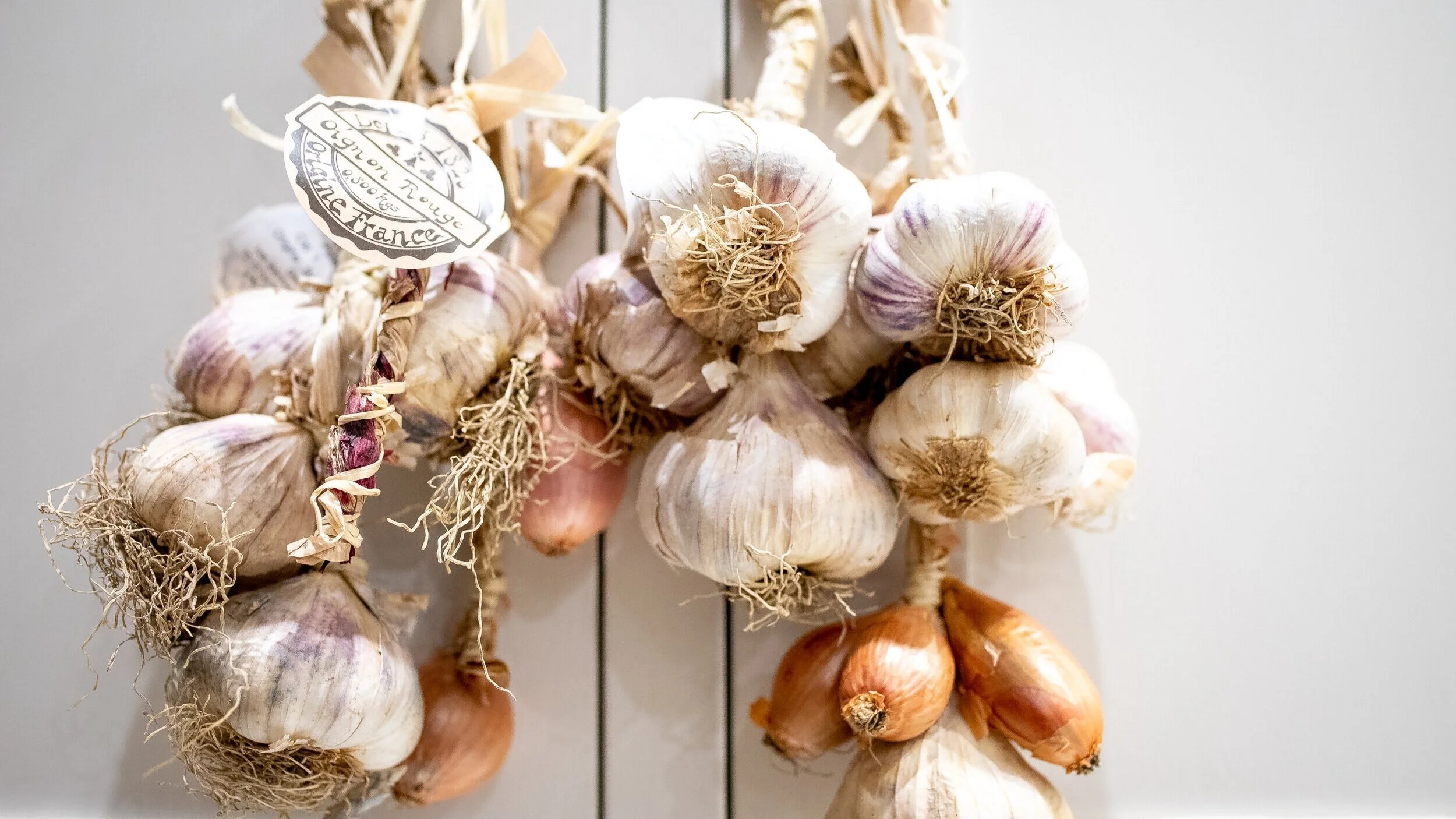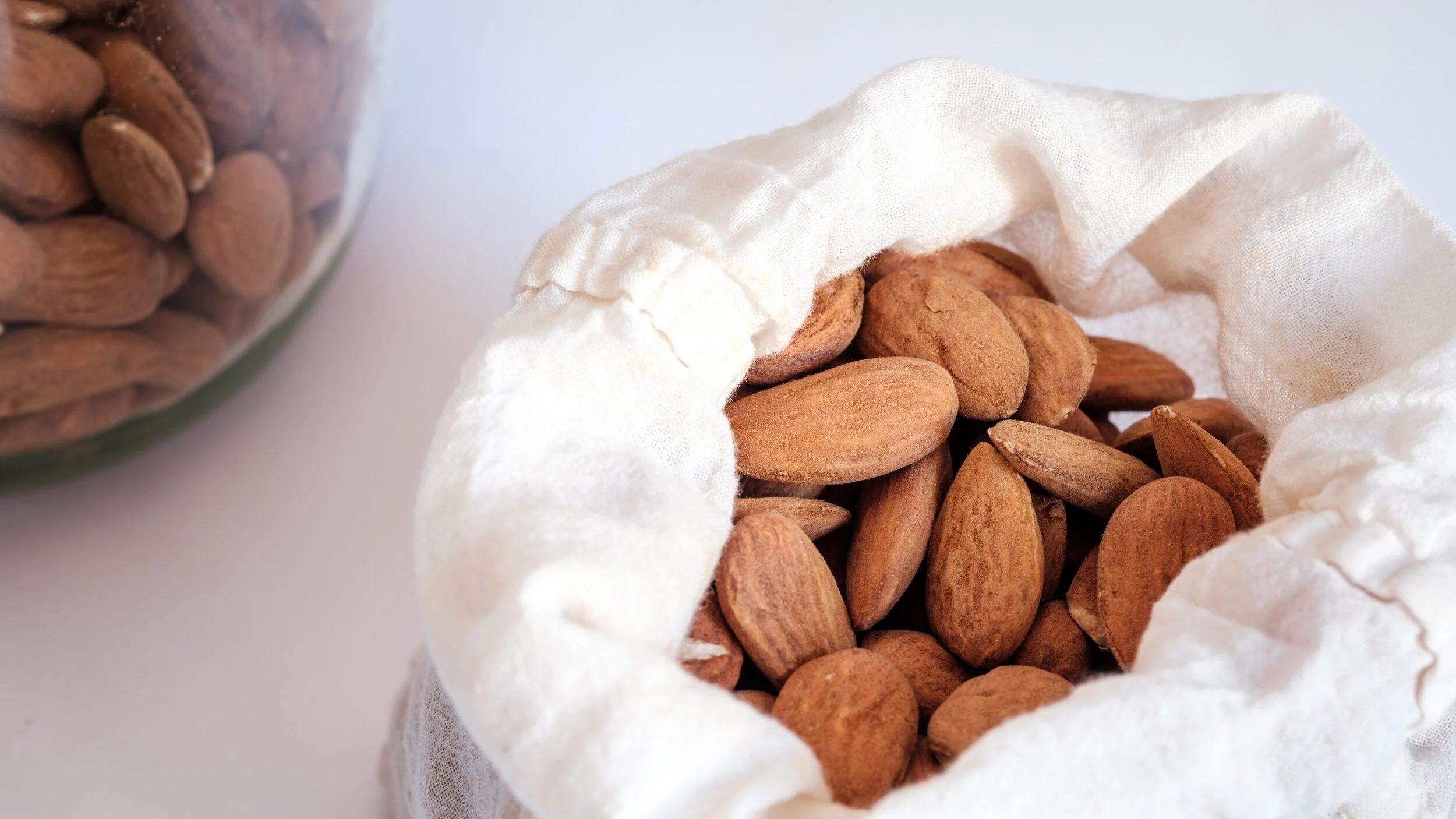5 Foods That Boost Your Immune System
by Fiona Osborn
Eating a balanced diet is integral to any healthy lifestyle, as it ensures you are getting the right nutrients and fuel for your body. But, there are some foods that are especially essential for good immunity.
With the recent spike in COVID-19 cases, taking care of your immune system has become more important than ever and a particularly pressing concern for many people. Below are five versatile foods that you can easily incorporate into your daily diet to help boost your immune system.
1. Yogurt
Yogurt, topped with some fruit and granola, can be a great way to start your day. On top of being delicious, yogurt contains probiotics, which are microorganisms that help support the immune system. Yogurt is made through the bacterial fermentation of milk—the process through which probiotics develop.
Dairy yogurt and some select types of dairy-alternative yogurts, such as Harmless Harvest’s coconut yogurt, are common foods that contain probiotics. Do note that anything that has been bacterially fermented contains probiotics, including products such as kombucha and kimchi.
Although probiotics are traditionally associated with promoting gut health, they can also make a profound impact on the immune system. [1] Probiotics help improve the immune system’s initial rapid response by increasing the activity of cells that ingest harmful particles. [2] They also initiate a secondary, more targeted response to specific pathogens by influencing the production of proteins and stimulation of cells involved in the process. [1]
To learn more about the benefits of yogurt, check out Your Ultimate Yogurt Guide.
2. Strawberries
Strawberries are an all-time favorite that happen to be full of the essential vitamin C. Vitamin C is a well-known nutrient often associated with immune health—but how does it actually work?
Vitamin C allows the immune system to have prolonged fights against pathogens without damaging your body. [3] It protects the body by increasing the production of enzymes and hormones essential for modulating the immune system. Vitamin C also helps white blood cells, which are crucial to fighting infections, by enhancing cell migration to the source of infection.
Strawberries have high concentrations of vitamin C and are a great topper to yogurt, or addition to a fruit smoothie. However, there are lots of other foods that can also boost your vitamin C intake, such as bell peppers and citrus fruits.
3. Leafy Greens
Like strawberries, leafy greens like kale or spinach are a good source of vitamin C. These greens also contain an abundance of other nutrients that are beneficial to the body: vitamin A, which helps the immune system respond quickly to potential threats, and vitamin K, which helps prevent inflammatory disease [2,4]
Equipped with this knowledge, it’s time to get creative with your salads! If you are starting to get sick of leafy greens, you can try roasting a head of broccoli to mix it up—broccoli is also full of micronutrients, including the ones mentioned above, making it a great alternative! [5]
4. Garlic
Garlic has tremendous health benefits, including modulating the immune system and fighting infection, because the proteins found in garlic stimulate the production of white blood cells. [6] In addition, garlic is an antioxidant, which means that it prevents harmful molecules from damaging cells. [6] Garlic also contains the mineral selenium, which is found naturally in immune tissues and helps activate the immune system. [2]
Garlic is very versatile—it can add flavor to almost any savory dish. Try putting garlic in your pasta sauce or salad dressing, or sauté garlic with spinach to make a delicious dish with even stronger immunity impact!
5. Nuts
Last but not least, get excited for non-dairy milks, nut butters, and trail mixes. Nuts—like almonds, hazelnuts, peanuts, and sunflower seeds—are high in vitamin E, which is a powerful antioxidant. [5] In addition to protecting cells, vitamin E helps maintain the immune system and ensures it functions properly. [2]
Nuts are also good sources of many other essential nutrients. Cashews are high in zinc and copper which both assist in the process of red blood cell production. [7] Pistachios are high in vitamin B6 which helps convert food into energy—an essential part of fighting infection! Though different types of nuts help your immune system in slightly different ways, they are all good sources of a variety of micronutrients that can bolster your health.
Bottom Line
There are several foods that can have a positive impact on your immune system and immune health. Although eating for immunity is just one step in making sure you stay healthy, it is an especially important consideration during the current pandemic.
References
“Immunomodulatory effects of probiotics on cytokine profiles.” Biomed Research International. (2018).
“Functional foods and the immune system: a review.” European Journal of Clinical Nutrition. (2002).
“Vitamin C and immune function.” Nutrients. (2017).
“Dark Green Leafy Vegetables.” ars.usda.gov. (2013).
“8 Vitamins & Minerals You Need for a Healthy Immune System.” health.clevelandclinic.org. (2015).
“Role of garlic (Allium sativum) in various diseases: an overview.” Journal of Pharmaceutical Research and Opinion. (2011).
“Immunity in Brief.” lpi.oregonstate.edu. (2020).











